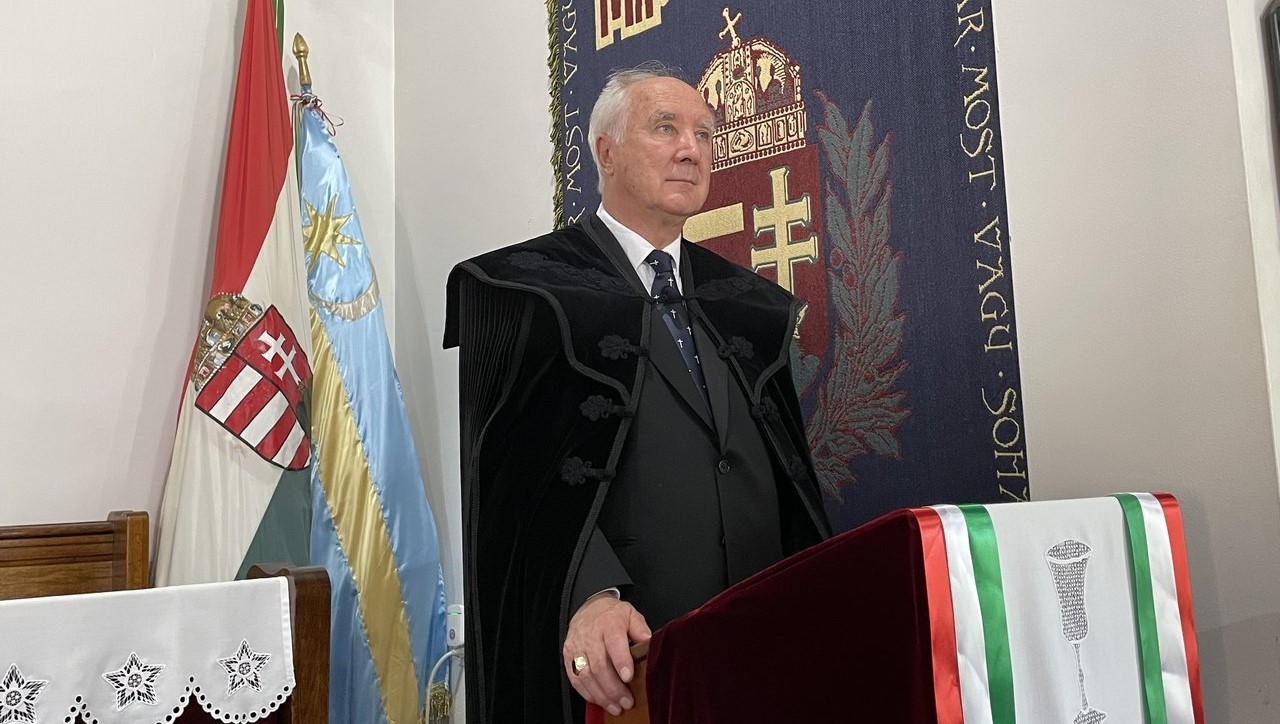
Behind Trump’s Hunger for Critical Minerals — What’s Driving US Foreign Policy?
While Ukraine and Greenland dominate the headlines, Donald Trump and his foreign policy team are engaged in multiple negotiations worldwide to secure access to critical mineral reserves. These resources are essential for technological advancement, with China maintaining dominance over much of the global supply chain. For Washington, mineral diplomacy is a matter of strategic survival—one that is set to remain a key priority for the foreseeable future.










